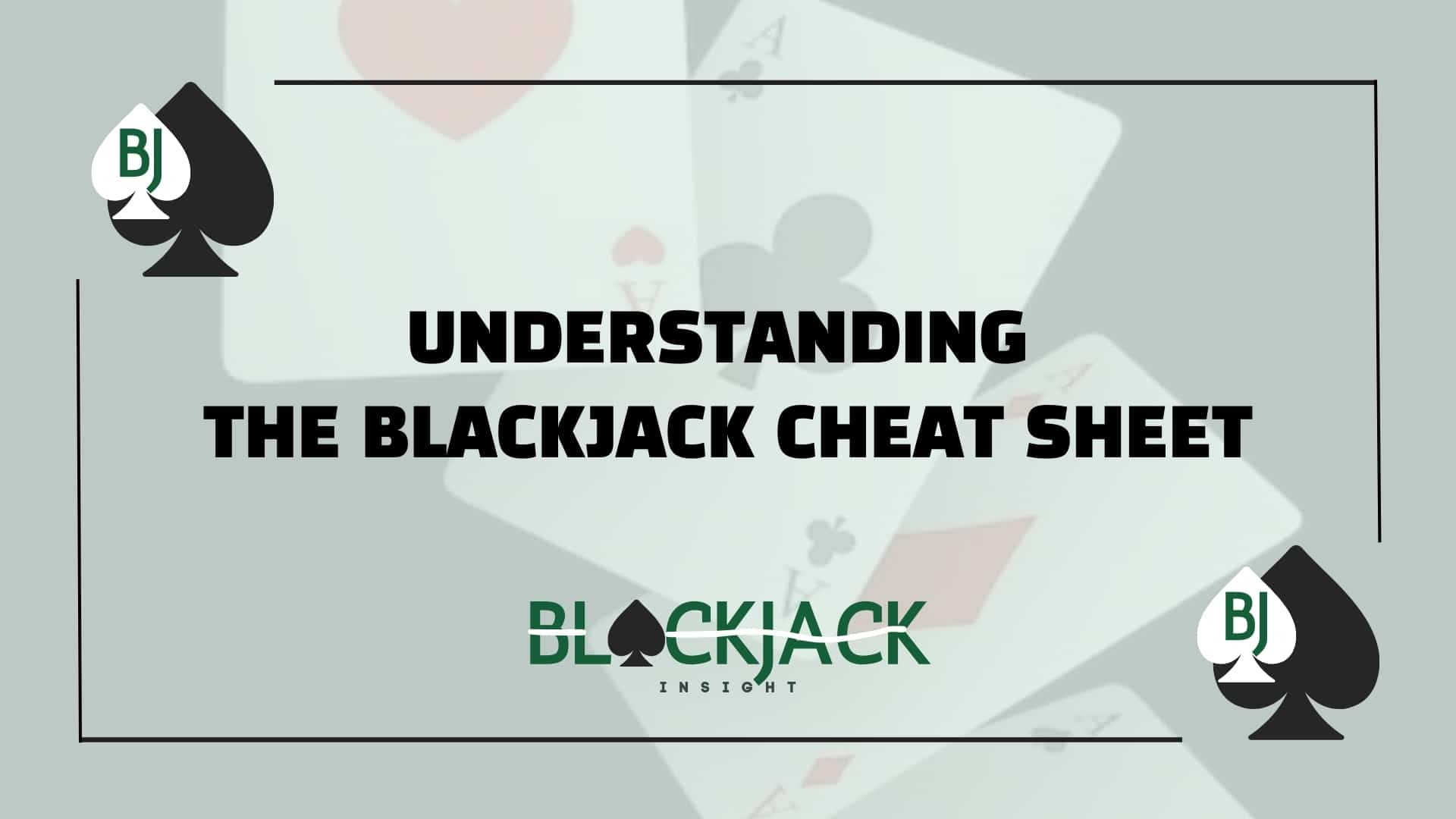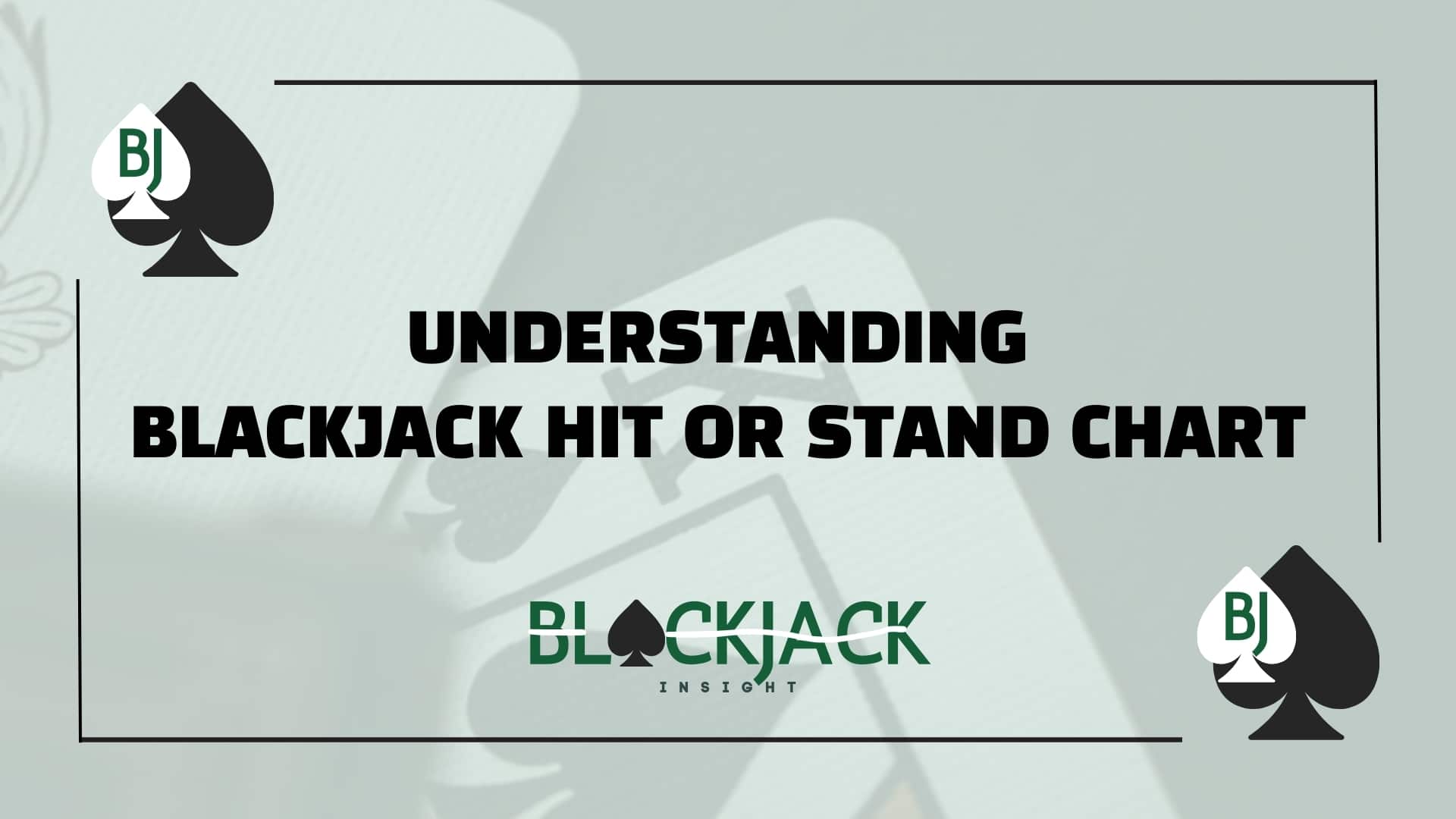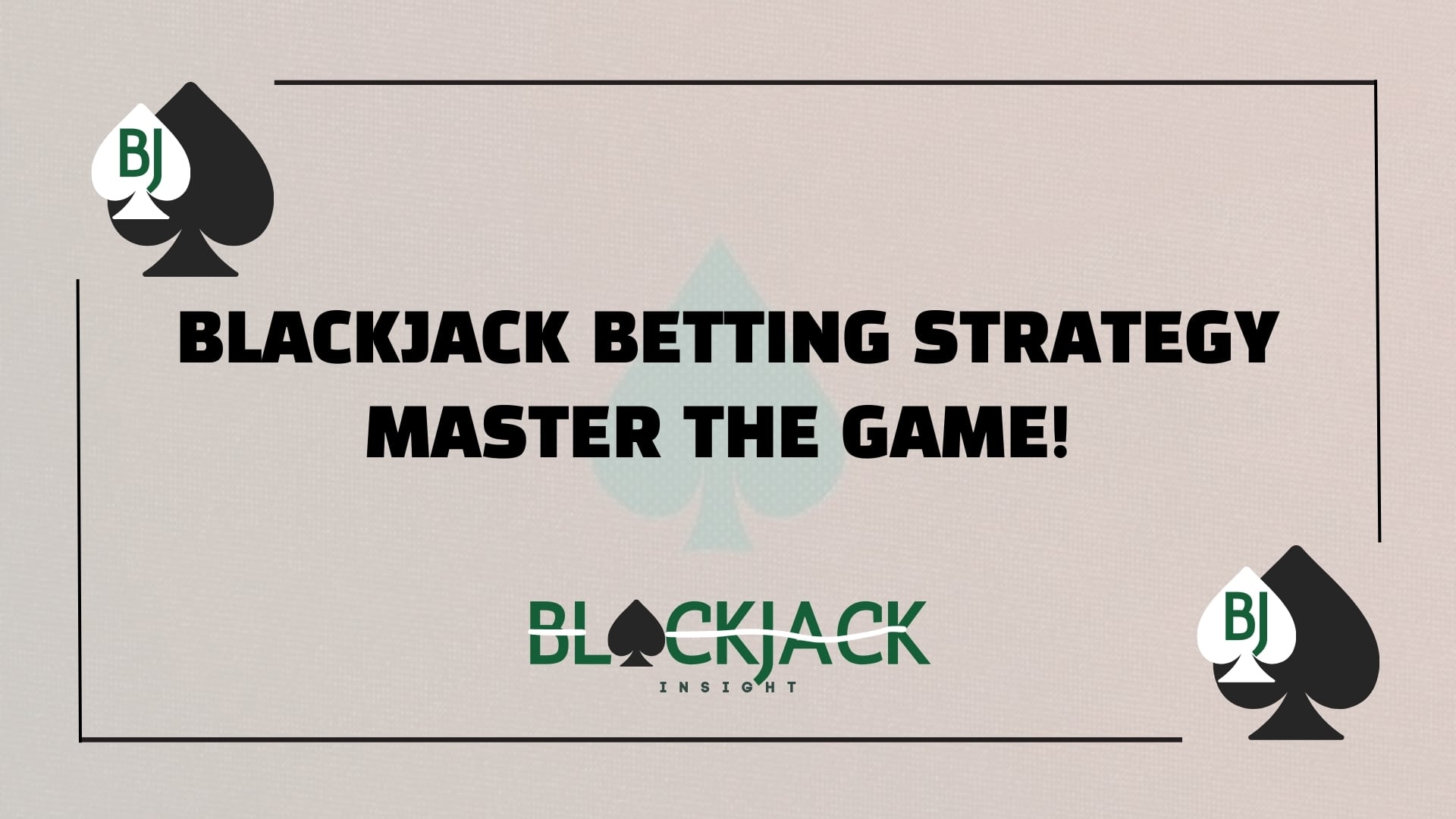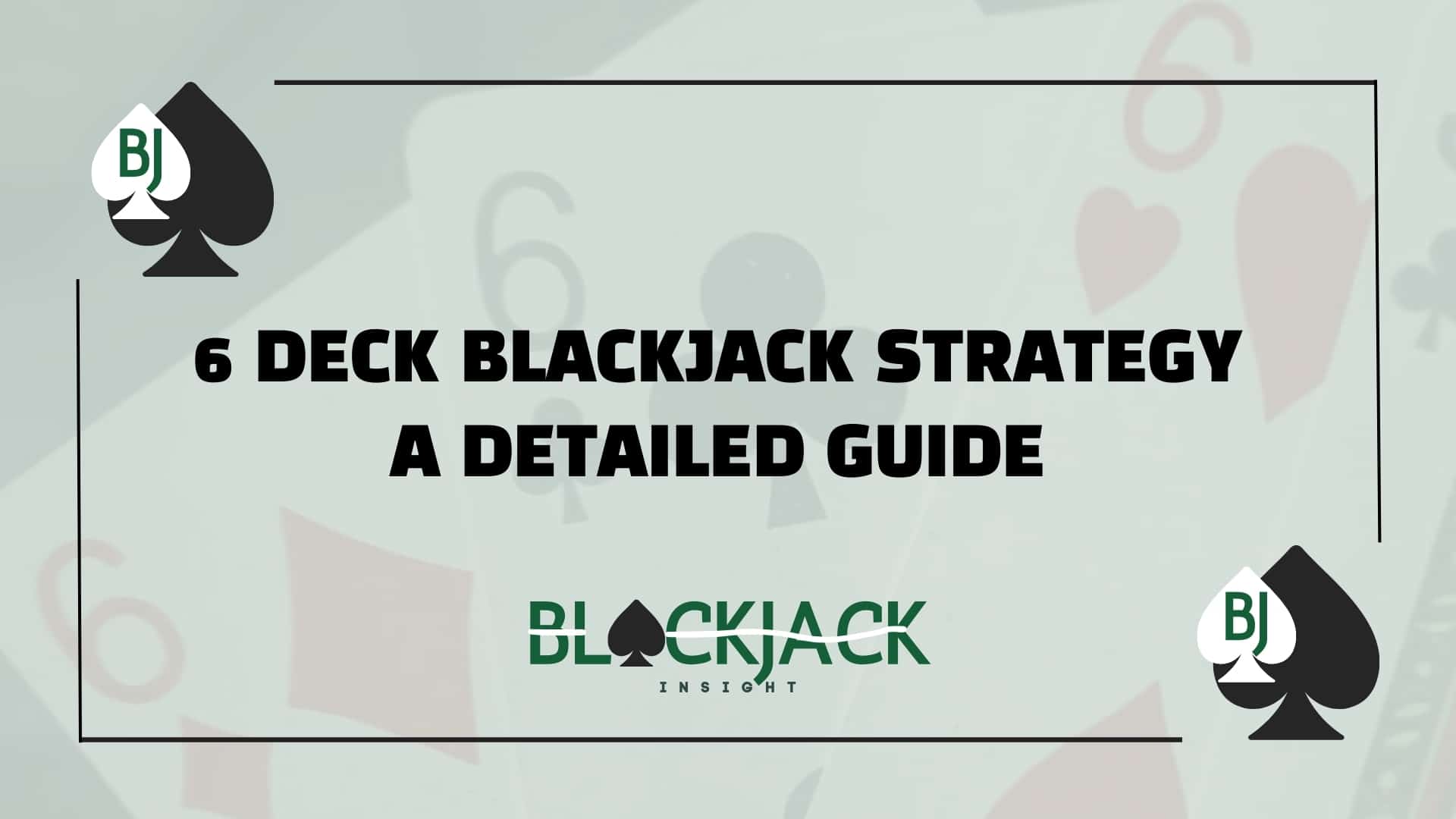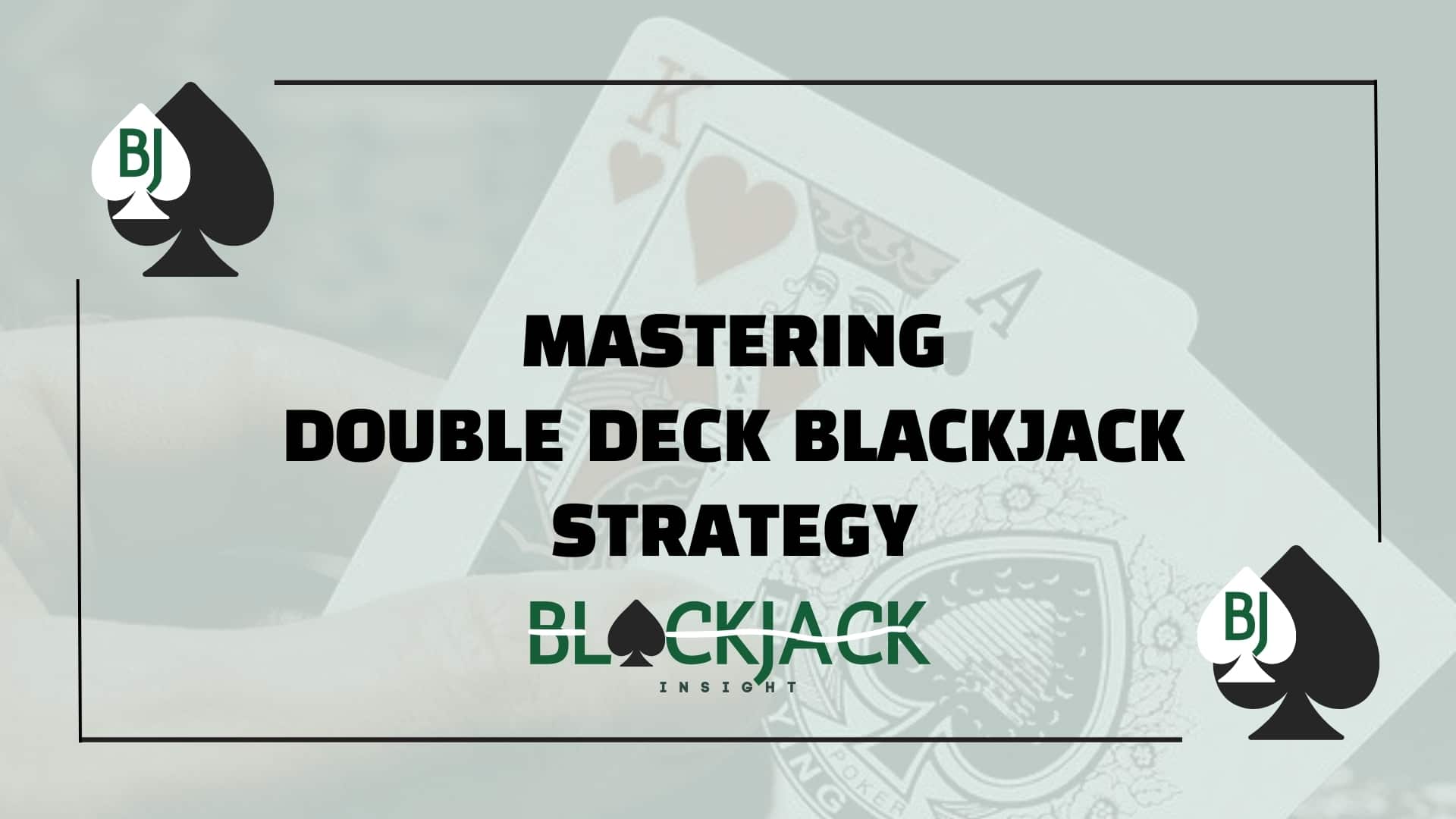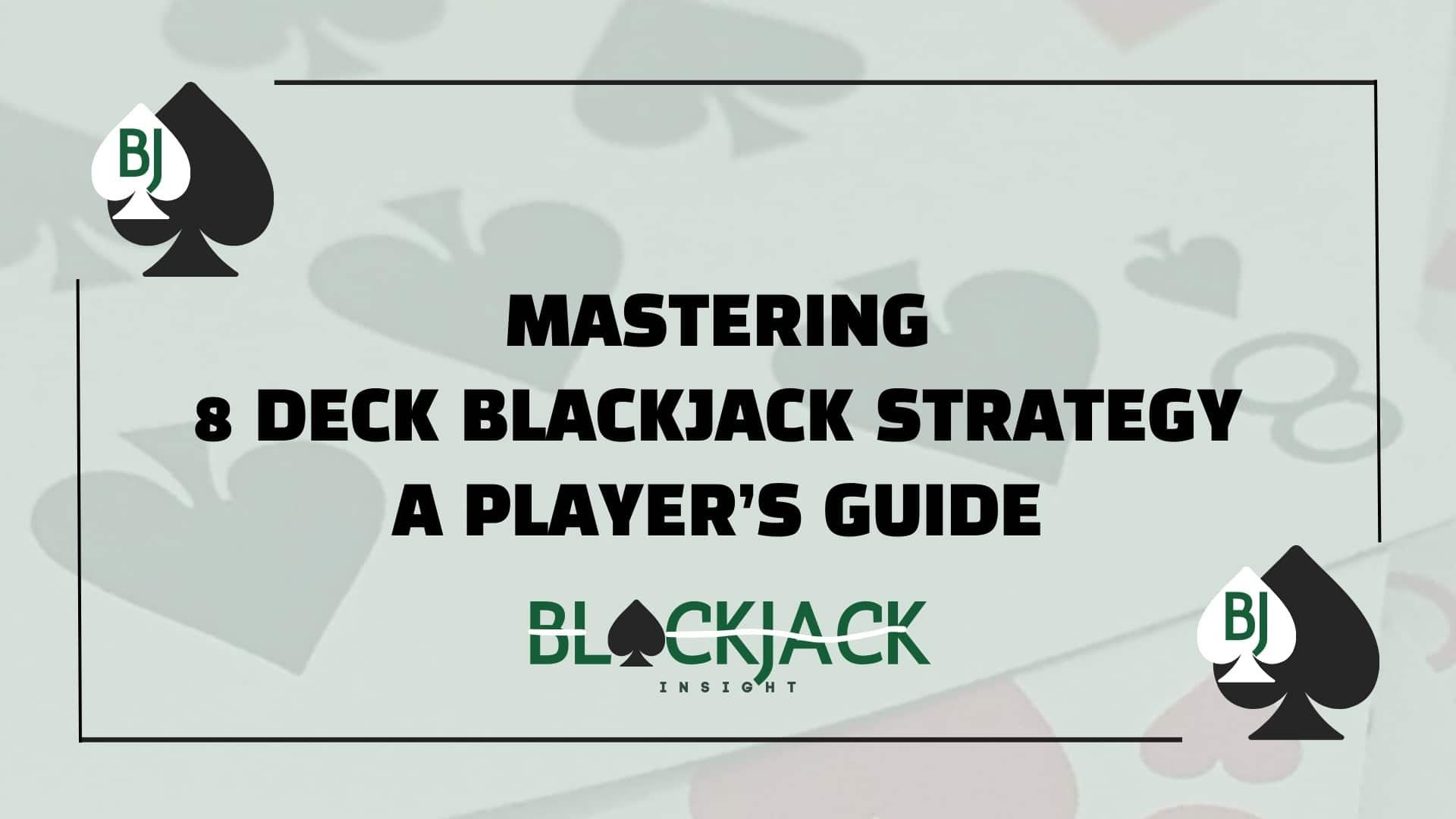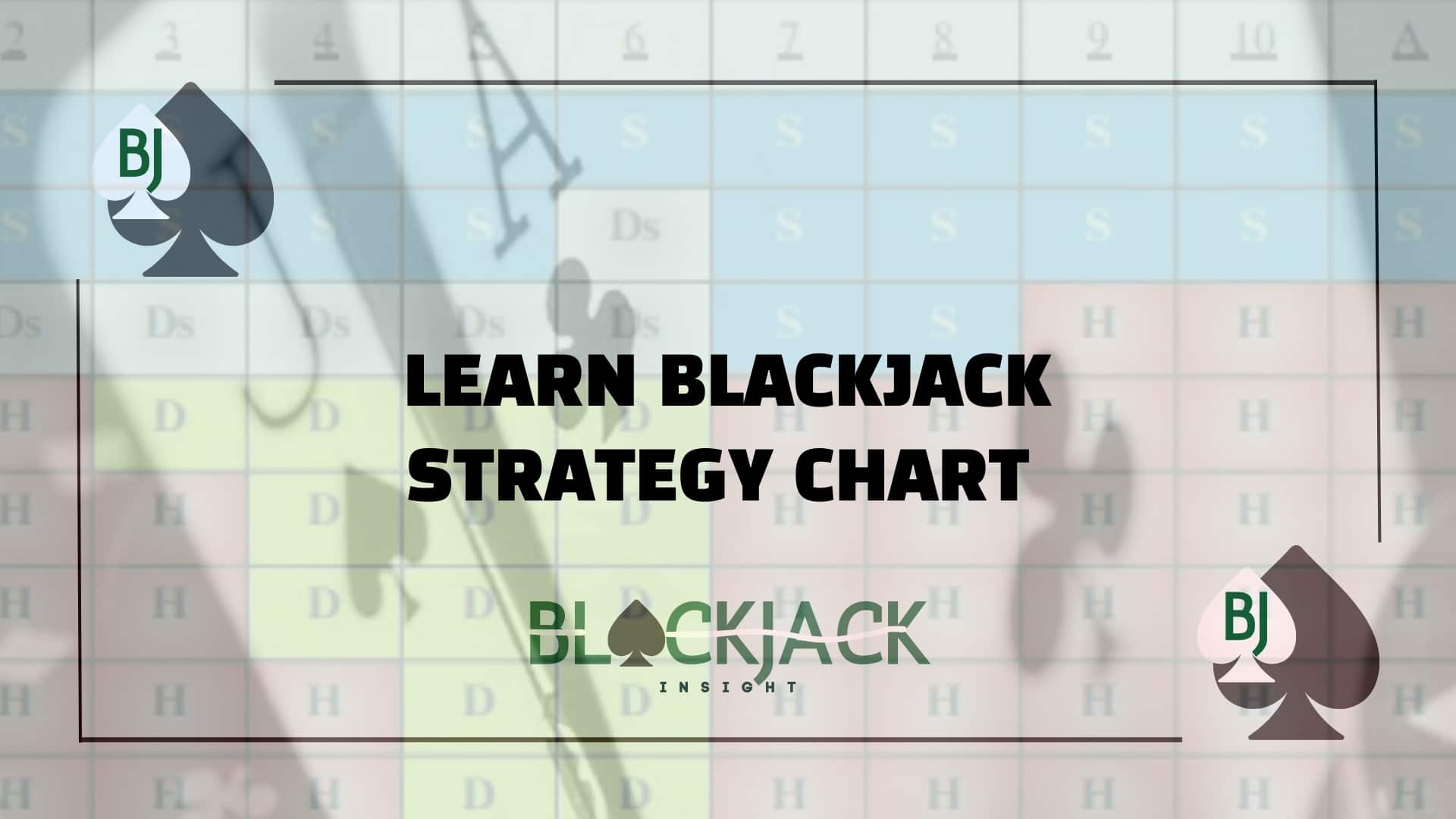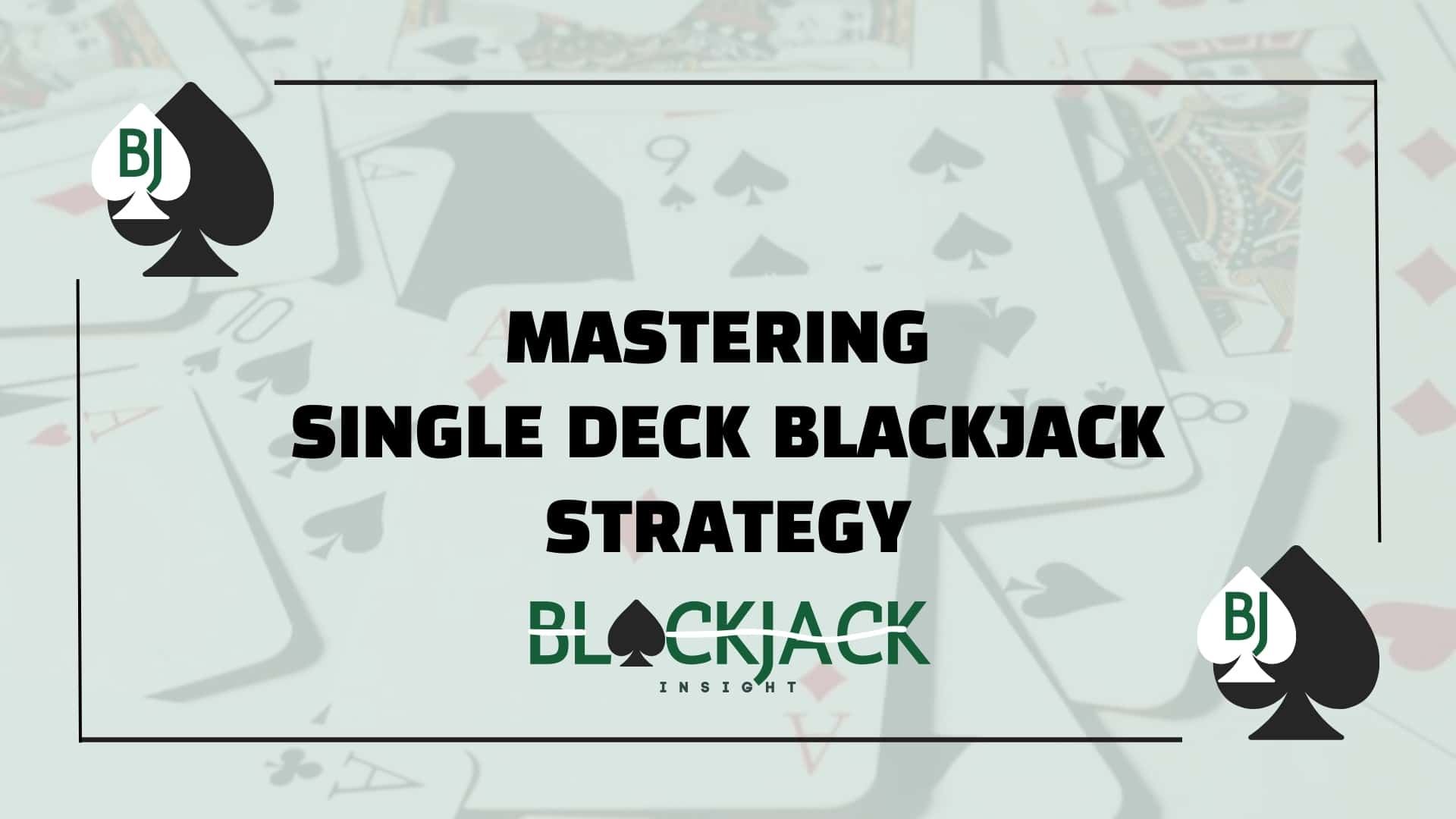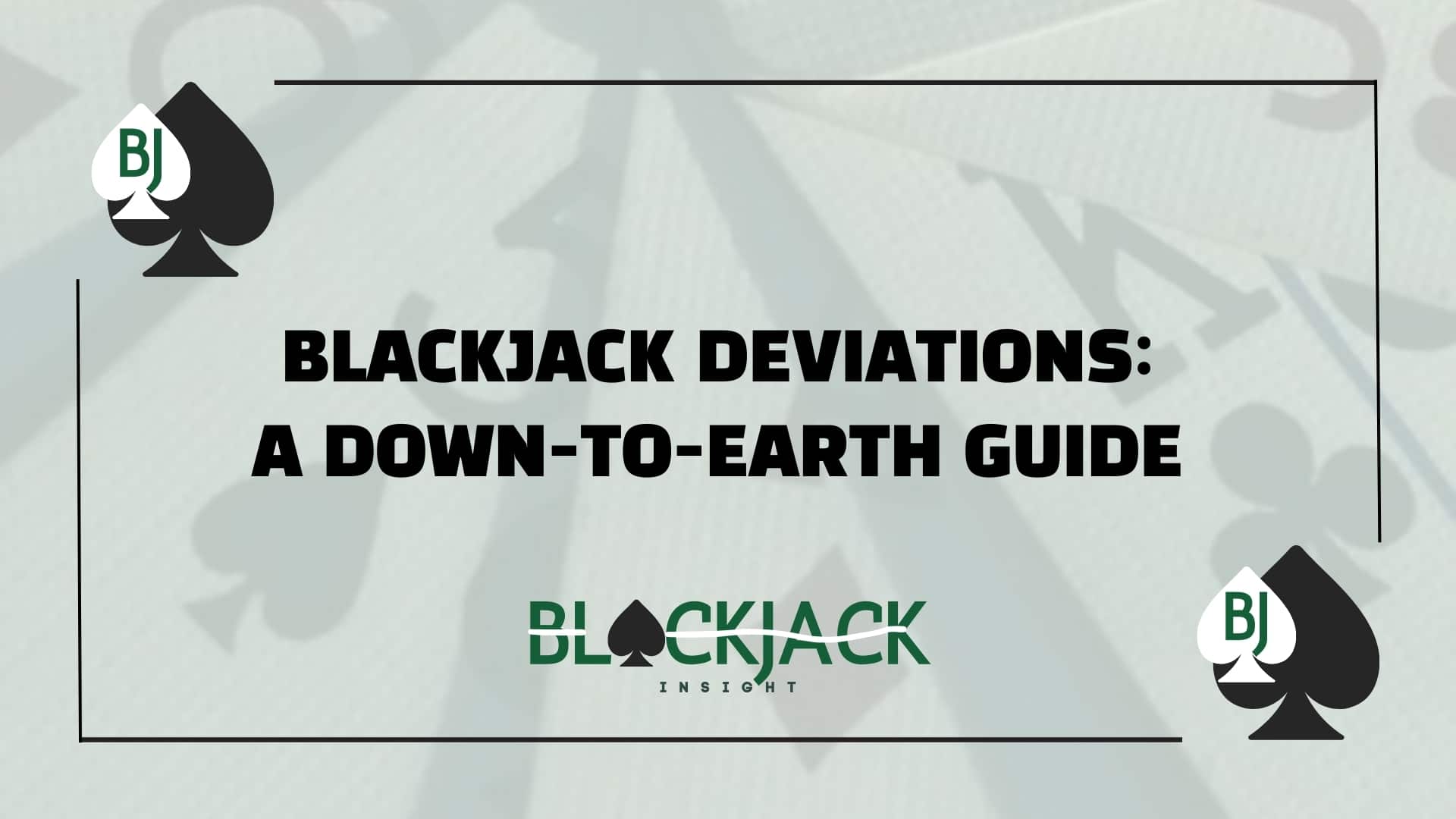The Ultimate Blackjack Strategy Guide
Table Of Content
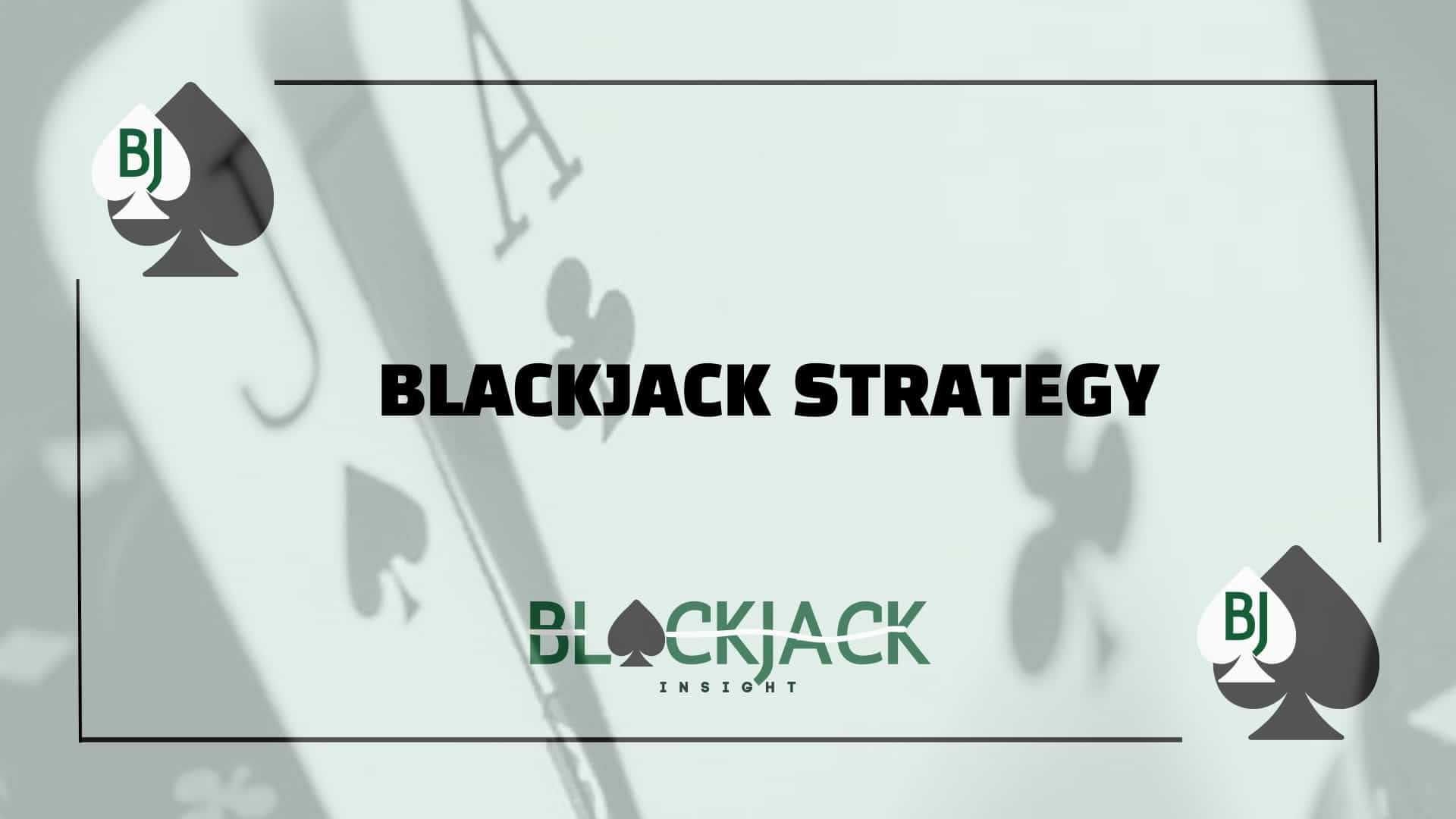
There’s something timeless about the green felt of a blackjack table. The cards, the chips, the tension when the dealer turns over their hole card — it’s more than just a game of chance. Blackjack is a battlefield of wits, numbers, and discipline. Blackjack strategy turns it from luck into skill, helping players make smarter decisions with every hand. If you’re here, you’re probably ready to move beyond guessing and start playing like someone who truly understands the game.
It Starts with Basic Strategy — Always
Before you can think about counting cards or adjusting your bets based on the deck composition, you’ve got to master the basics. Blackjack basic strategy is the foundation. It’s not a guess — it’s built on statistical probability and tells you exactly how to play every hand based on your total and the dealer’s upcard.
You’ll learn basic blackjack rules to hit your 12 against a dealer’s 2 or 3 (even if it feels wrong), stand on a 16 versus a weak dealer, and split 8s no matter how painful it might seem. The truth is, basic strategy alone can cut the house edge to around 0.5% — and that’s huge.
But basic strategy is just your first step. Once you know it cold, it’s time to go deeper.
Playing Smart: From Basic to Advanced Strategy
What separates the average player from the consistent winner isn’t luck — it’s information. And in blackjack, the most powerful information you can have is knowing what cards are likely to come next. That’s where advanced blackjack strategy comes in.
Most serious players start with some form of card counting — not the Hollywood kind where you memorize every card, but systems like Hi-Lo that track high cards (10s and Aces) vs low cards (2s through 6s). When the deck is rich in high cards, your odds shoot up — and that’s when you bet more aggressively and sometimes even deviate from basic strategy.
That’s right — there are moments when the math says to break the rules. These blackjack deviations are rare but powerful. For example, standing on a 16 against a dealer’s 10 might be the right move if the deck is loaded with small cards. Taking insurance (usually a sucker bet) can actually be profitable if the count shows an Ace-heavy shoe. These plays aren’t for beginners, but once you’re ready, they’re game-changers.
Betting Strategy: Where Most Players Go Wrong
Knowing how to play blackjack is one thing. Knowing how much to bet is another — and just as important. A solid blackjack betting strategy helps you ride hot streaks and protect your bankroll during cold ones.
Some players stick with flat betting — always wagering the same amount. Others chase losses with Martingale or build wins with Paroli. Personally? I follow a count-based betting system. When the deck turns in my favor, I press my bets. When it doesn’t, I scale down or sit out. It’s not flashy, but it’s effective — and it keeps me at the table longer than the guy trying to double up every time he loses.
Deck Count Changes the Game
The number of decks in play might seem like a minor detail, but it drastically affects strategy. A single-deck blackjack game gives you the best odds and makes card counting easier — even basic strategy changes slightly in these games. For example, you might double down more often or hit a soft 18 against a dealer’s 9.
Double-deck blackjack is still solid and beatable. But when you start hitting 6-deck or 8-deck games (which are common in casinos), the edge creeps back in favor of the house. You’ll need sharper skills, more accurate counting, and tighter discipline to stay profitable. Multi-deck games often use automatic shufflers or early reshuffles to throw off counters, so you have to adapt. But don’t let that scare you — understanding how the game changes with deck size is part of becoming a complete player.
The Best Way to Play Blackjack? Respect the Process
People always ask me, “What’s the best way to play blackjack?” And my answer is simple: Respect the math. Respect the discipline. And respect your bankroll.
This means:
- Knowing basic strategy cold.
- Practicing until counting cards becomes second nature.
- Learning when to make strategic deviations — and when to walk away.
- Managing your money like a business, not a weekend thrill.
Most importantly, never let ego get in the way. Blackjack will humble even the best players, but it also rewards those who stick to the plan. Discover the comprehensive blackjack playbook to learn the game in detail.
FAQs
1. How long does it take to become good at using blackjack strategy?
It depends on how deep you want to go. Memorizing basic strategy can take just a few days with focused practice. But becoming fluent in card counting, betting adjustments, and strategy deviations can take weeks or months — especially if you’re trying to perform under pressure at a real table.
2. How do I practice blackjack strategy at home?
You can use a physical deck to simulate hands and practice your responses, or use a strategy trainer app to drill decision-making. Add in a metronome or timer to build speed — important when you’re playing under time pressure in real games. Also, record your results to spot patterns and areas to improve.
3. Can you get kicked out of a casino for using strategy?
Not for using basic strategy — in fact, casinos expect it. But if you’re using advanced strategy like card counting, especially combined with aggressive bet spreading or team play, you can absolutely be backed off or banned. Casinos are private businesses and can remove players at their discretion, even if you’re not breaking any laws.
4. Should I memorize different strategies for different casinos?
Not necessarily — focus on the rules of the table, not the location. What really matters is the deck count, dealer behavior (hit/stand on soft 17), surrender options, and payout ratios. Memorize the adjustments for each rule set, not the venue.

